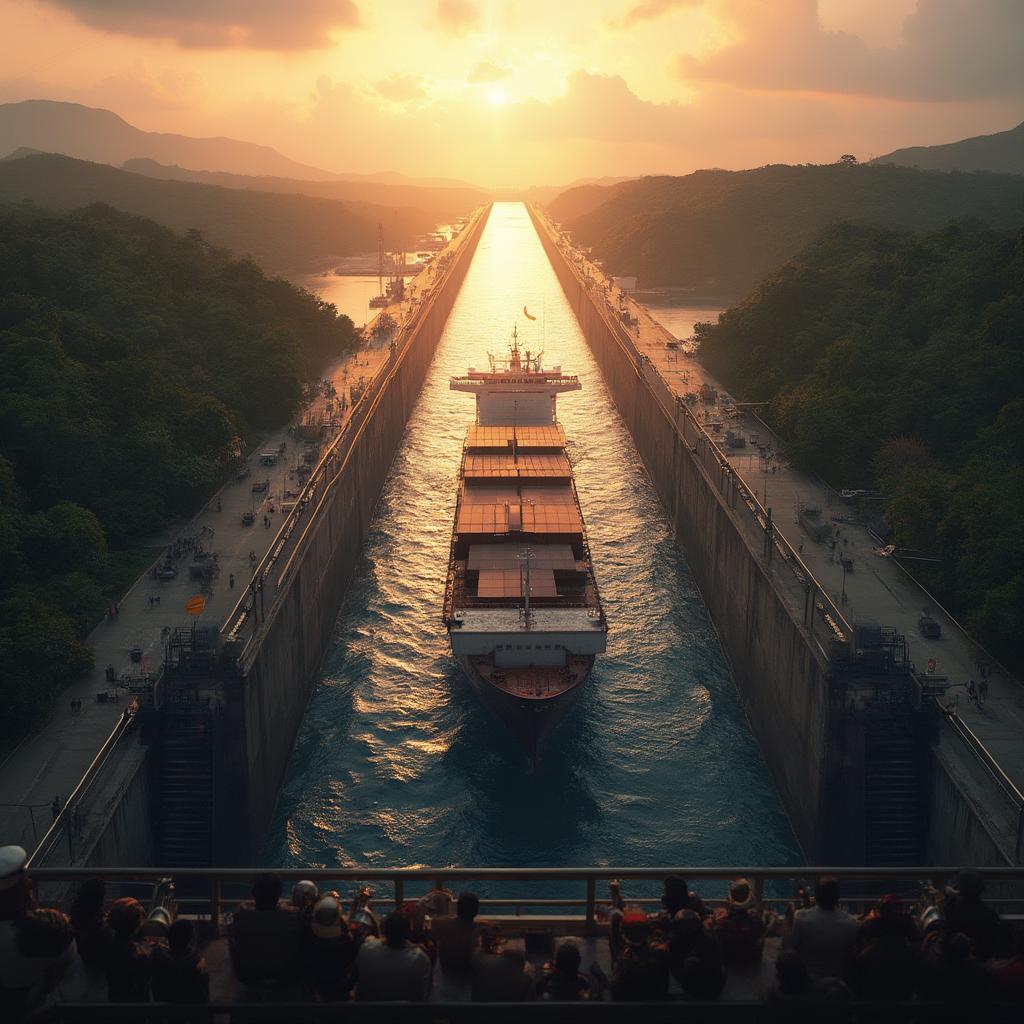
When President Trump started talking about reclaiming the Panama Canal, many people were left scratching their heads. Why would a modern U.S. president suddenly focus on a waterway the U.S. handed over to Panama decades ago? Turns out, there’s a fascinating historical explanation behind his interest.
Experts suggest that Trump’s foreign policy views don’t fit neatly into traditional categories like isolationism or nationalism. Instead, he represents a little-known approach called “sovereigntism.” This idea isn’t new—it’s been hiding in archives and writings of conservative activists for decades. Sovereignists believe in asserting control over territories and resources to strengthen national power, even if it means reclaiming foreign lands.
Historians have struggled to categorize Trump’s foreign policy. While some labeled him an isolationist due to his push to reduce U.S. military involvement abroad, his threats to annex Canada, take over Greenland, or regain control of the Panama Canal don’t fit that mold. Instead, his actions align more with the sovereigntist mindset, which prioritizes territorial dominance and strategic assets over isolation.
Trump’s obsession with the Panama Canal, for instance, isn’t just about tolls or competition with China. It’s a throwback to an older American tradition of expanding control over key global resources. This perspective helps explain his unpredictable and often transactional approach to foreign policy.
So, the next time Trump surprises us with a bold statement about reclaiming territory, remember: it’s not just random—it’s rooted in a forgotten strand of American political thought. Whether you agree with it or not, it’s a fascinating glimpse into the president’s worldview.
